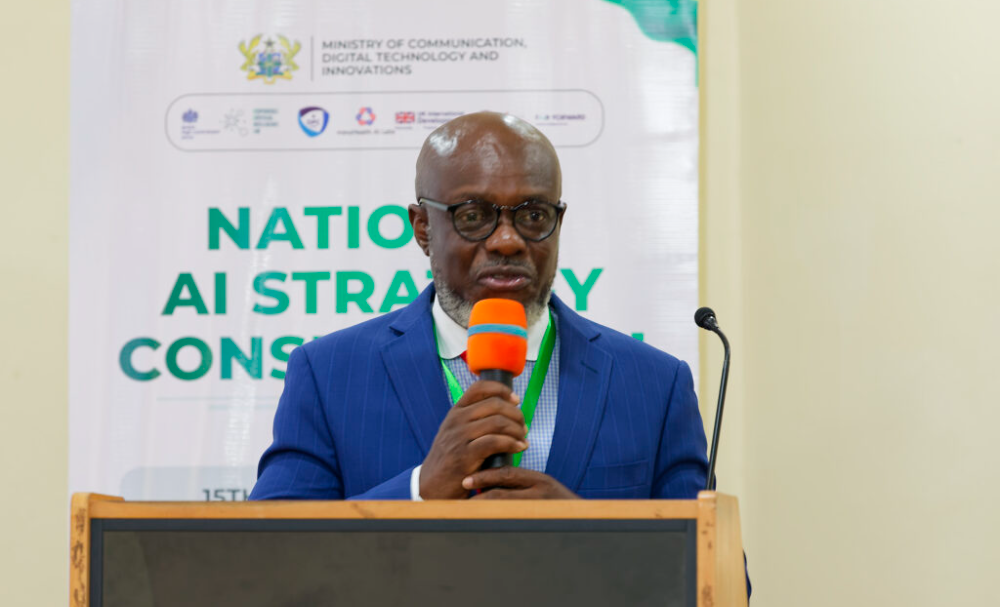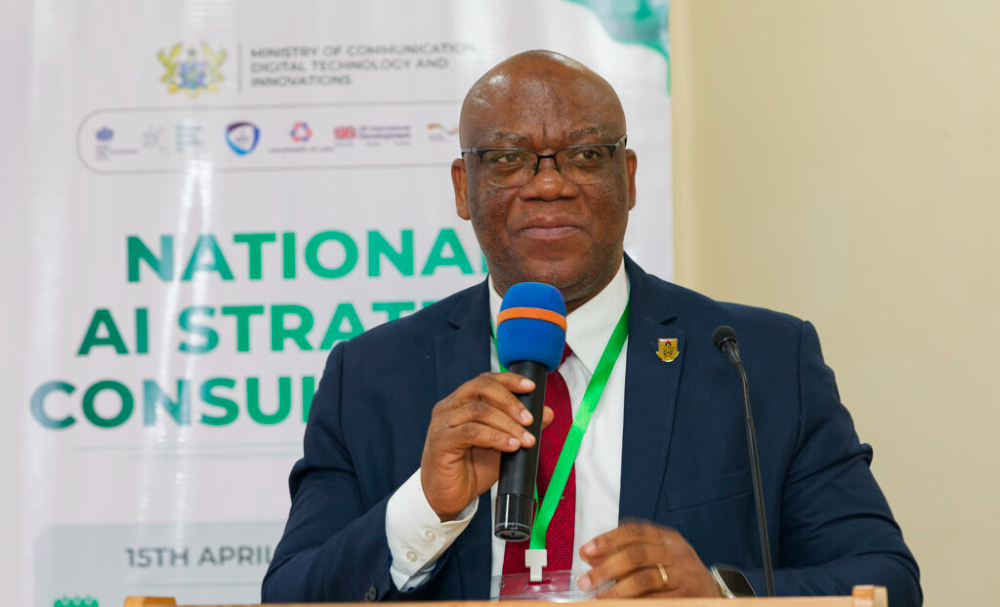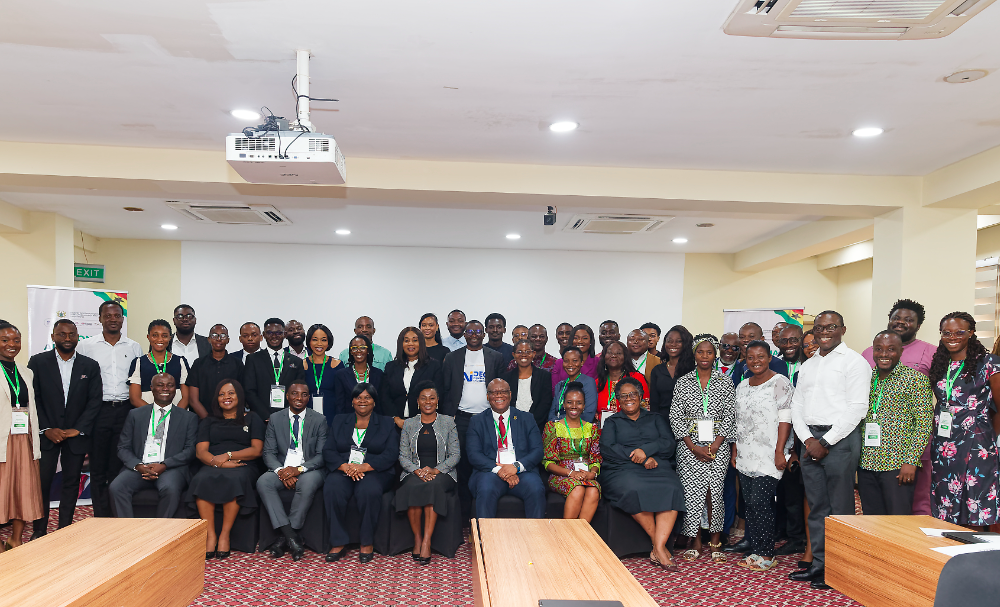Stakeholders from Ghana's judiciary convened for the third National AI Strategy Consultation led by the Responsible Artificial Intelligence Lab (RAIL) at KNUST.
This marks a crucial step toward finalizing the nation’s roadmap for artificial intelligence (AI) development.
The forum underscored the urgent need for an inclusive, ethical, and legally sound AI framework that fosters innovation while safeguarding national interests.
Speaking at the consultation, Mr. Johnson Masagotin Singir, Science and Innovation Officer at the British High Commission in Accra, emphasized AI’s transformative global impact on how people live and work.
He highlighted its potential to revolutionize key sectors such as agriculture, health, education, and public service delivery, particularly within the justice system.
Mr. Elikplim Sabblah, Technical Advisor for GIZ Ghana’s FAIR Forward initiative, outlined ongoing efforts to strengthen Ghana’s digital innovation ecosystem.
He emphasized the judiciary’s pivotal role in addressing key concerns around AI ethics, human rights, and potential legal risks.
“Engaging legal experts ensures AI aligns with Ghana’s data protection, privacy, and intellectual property laws. Their insights will be instrumental in mitigating risks associated with AI deployment,” Mr. Sabblah stated.

Representing the Ghana Bar Association, Dickson Tweneboa-Koduah described the AI strategy as a bold and necessary step to ensure Ghana actively shapes its technological future.
While acknowledging AI’s numerous benefits, he cautioned against potential risks such as bias, misinformation, and threats to the integrity of the justice system if left unchecked.
“AI must not be rolled out without regulation. We need constitutional fidelity, democratic oversight, and a commitment to investing in local datasets,” he asserted, pledging the Bar Association’s full support in shaping AI legislation and promoting public awareness.
Dr. Arnold Karvaapuo, representing the Minister of Communication, Digital Technology and Innovations, reiterated AI’s potential to significantly reduce case backlogs, enhance legal research capabilities, and improve overall judicial efficiency.
He emphasized the vital role of the judiciary’s expertise in developing AI tools that reflect Ghana’s core values.
Mr. Darlington Akogo, CEO of MinoHealth AI Labs, made a compelling case for prioritizing AI development, projecting a potential $20 billion boost to Ghana’s GDP by 2030.
He advocated for the creation of a dedicated AI National Fund to accelerate progress and cited examples of AI applications within the legal field, emphasizing its potential as a powerful multiplier.

Prof. Jerry John Kponyo, Principal Investigator of the Responsible AI Lab (RAIL), assured stakeholders that Ghana’s AI strategy remains on track for approval by June 2025.
He stressed the importance of continued collaboration to ensure a people-centered strategy that positions Ghana as a leading AI hub by 2035.
Discussions during the consultation highlighted several key considerations, including the need for human oversight in high-risk AI decisions, shortening the AI strategy timeframe to keep pace with rapid advancements, establishing a Ghana AI Institute, developing a national data strategy, addressing infrastructure gaps, and prioritizing education and gender inclusion.

















